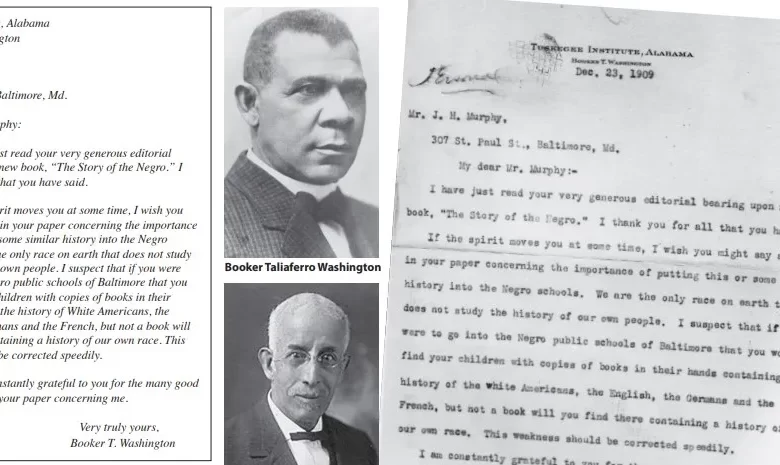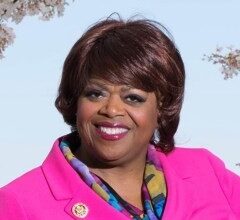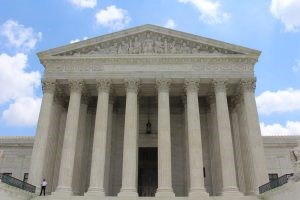
A time to learn: the importance of cherishing Black history

By Frances “Toni” Draper,
AFRO Publisher and CEO
Over 110 years ago, Booker Taliaferro Washington penned this letter to my great grandfather, John H. Murphy Sr. – AFRO founder and publisher– urging him to encourage the schools of Baltimore City to teach Black history. Washington, the first president and chief architect of Tuskegee Normal and Industrial Institute (now Tuskegee University), understood that a people ignorant of its history is a people doomed to failure.
As Dr. Tony Evans said when he was interviewed by Relevant Magazine in 2011, “Growing up in urban America during the Civil Rights Era in a Christian context of racism, segregation and an incomplete historical education didn’t give me an opportunity to know who I really was. In my all-Black classrooms, I learned about white culture and white history. I read about Paul Revere and his midnight ride. But what my teachers failed to mention was that on the night of Paul Revere’s ride, another man—a Black man named Wentworth Cheswell—also rode on behalf of our nation’s security. He rode north with the same exact message.”
Evans went on to say, “Without an authentic self-awareness, African Americans often struggle as we seek to play on the same team toward the same goal in the body of Christ. But my White brothers and sisters also need to be aware of who we are, and who God has created and positioned us to be at this critical time in our world. Black History Month gives us an opportunity to intentionally familiarize ourselves in such a way that will enable us to embrace our diversity to its fullest, putting unity to use for good.” Amen.
The editorial below (Making Black History Month Truly Meaningful) by Dr. John Warren, publisher of the San Diego Voice and Viewpoint Newspaper, also emphasizes the importance of teaching and knowing our history:
“It’s not enough that Black History Month is the shortest month in the year; or that many capitalize on it with lip service and faint recognition. By this we mean the commercialization of ‘Black History Month’ by some, while others are attempting to erase us by banning books that speak to our history and struggle.
“When we personally stop and reflect or read the accounts of what people like James Weldon Johnson and his brother did in writing the ‘Negro National Anthem’ over 123 years ago; when we consider that this was done in the midst of a segregated society with much open race hatred, it’s a testimony to the personal and family commitment to a people that you not only identity with, but are proud of.
“To make Black History meaningful to us individually and to our people, we must first get reacquainted with our history. For example, it is embarrassing to be in a Black History program calling for the singing of ‘Lift Every Voice & Sing’ (the Negro National Anthem) and watch people struggle to sing one verse or fumble while looking for the words in a program. The act of meaningful engagement with our history must be year-round and based on a commitment to who we are collectively and how much we care for our own heritage.
“Let’s start by learning the words to the song and studying the meaning for what it tells us about those who came before us. Let’s be able to sing the song from our hearts just as the people of South Africa do with their national anthem. Because the South African people care and identify with their song, we can feel the depth of their emotions.
“When we re-enter that space for ourselves, we will no longer have to be concerned about what others do or say about us. The words to the song will rekindle our desire to revisit what our ancestors have done both for us and this nation. Let’s make Black History every day.”
Booker T. Washington, Tony Evans, John Warren and countless others have sounded and are sounding the alarm about the importance of teaching the young (and not so young) the importance of Black history. And, in this edition – thanks to our talented editorial team led by Managing Editor Alexis Taylor and Special Projects Editor Dorothy Boulware– we have lifted up and highlighted people and causes that everyone, regardless of race, should know about. We should not spend any more time defending the value of our history. We must insist that it be taught not as an elective, not as afterthought, but intentionally as a part of every elementary, middle and high school throughout the United States. Black history is American history. Black history is world history – the good, the bad and the ugly must be taught– the Ron DeSantises of the world be damned.
The post A time to learn: the importance of cherishing Black history appeared first on AFRO American Newspapers .
This article originally appeared in The Afro.










